Wonderful wildlife – what you may see on your travels, from caribou to coyotes
In today’s hectic, built-up world, the chance to travel to an expansive wilderness to connect with stunning natural beauty should not be missed. The area surrounding British Columbia’s Cariboo Mountains, including the area’s Provincial Park, is particularly special. Serrated mountain peaks meet densely forested valleys and alpine valleys, with ancient red-cedar trees standing to attention as high as the eye can see. Because the habitats are diverse, they support an impressive array of wildlife species. The now-threatened mountain caribou mooches along the same paths as grizzly bears and black bears (you can differentiate a grizzly by their pronounced hump of muscle, and dished face). Meanwhile, wolves sneakily pad about in the shadows, with their other-worldly presence; (they sometimes look similar to coyotes, but usually carry their tail higher). Perhaps most astonishing here, for the uninitiated, is the sighting of a moose – they’re up to 7.5 feet tall at the shoulder, with antlers that spread to around 5 feet, and are generally inquisitive and unafraid of humans; hence they’re often seen ambling in public areas. A sobering sight.



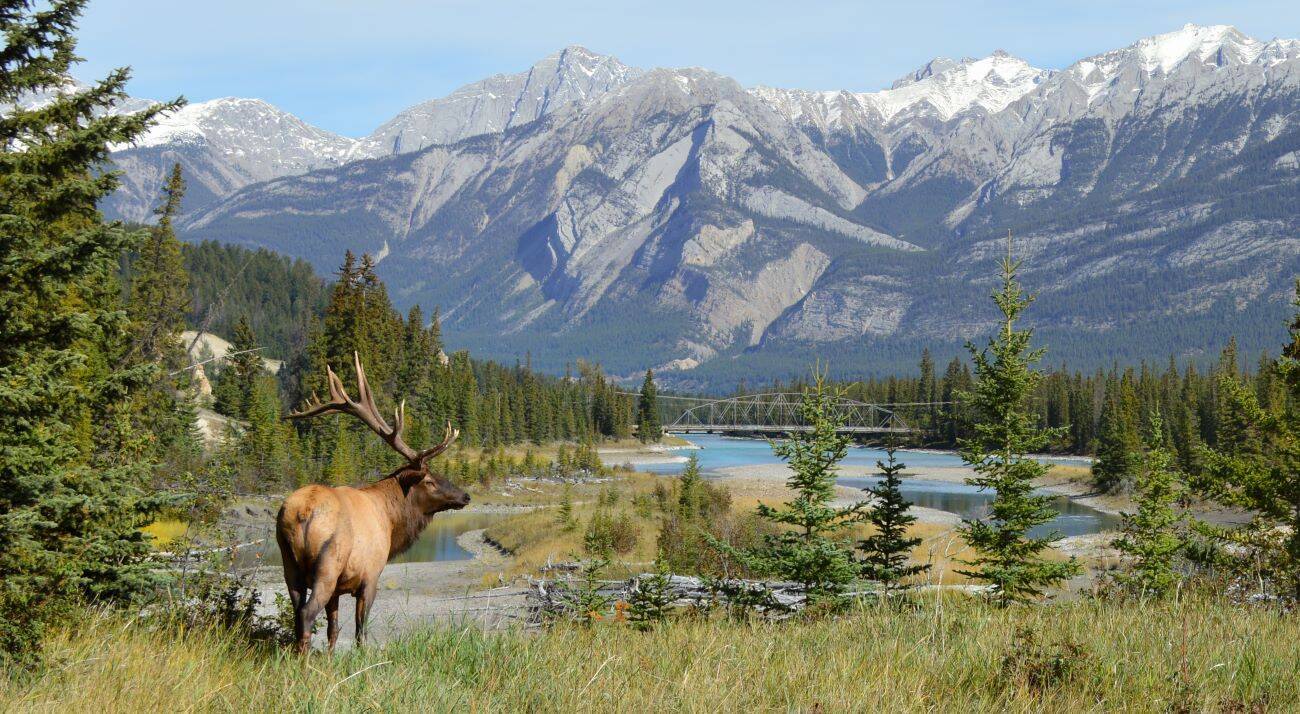
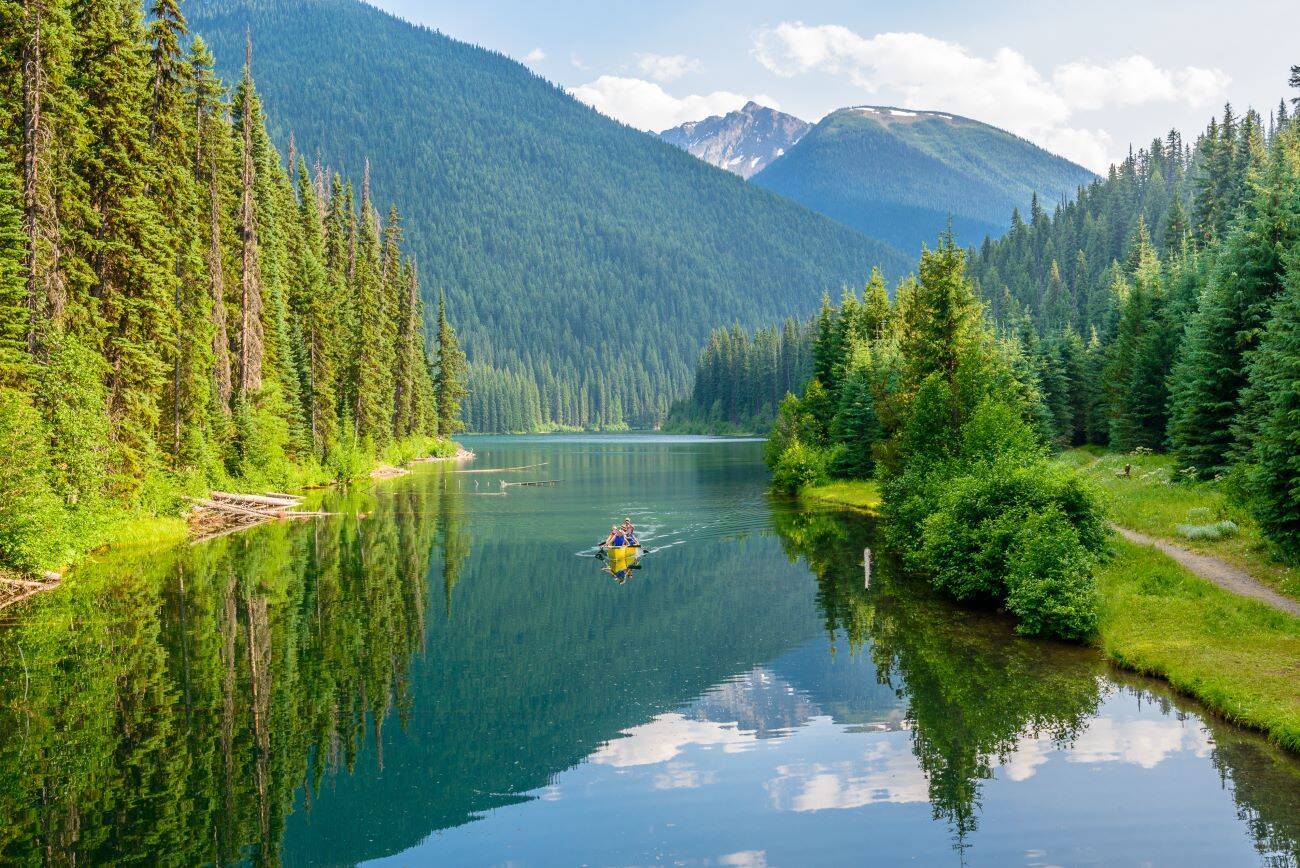
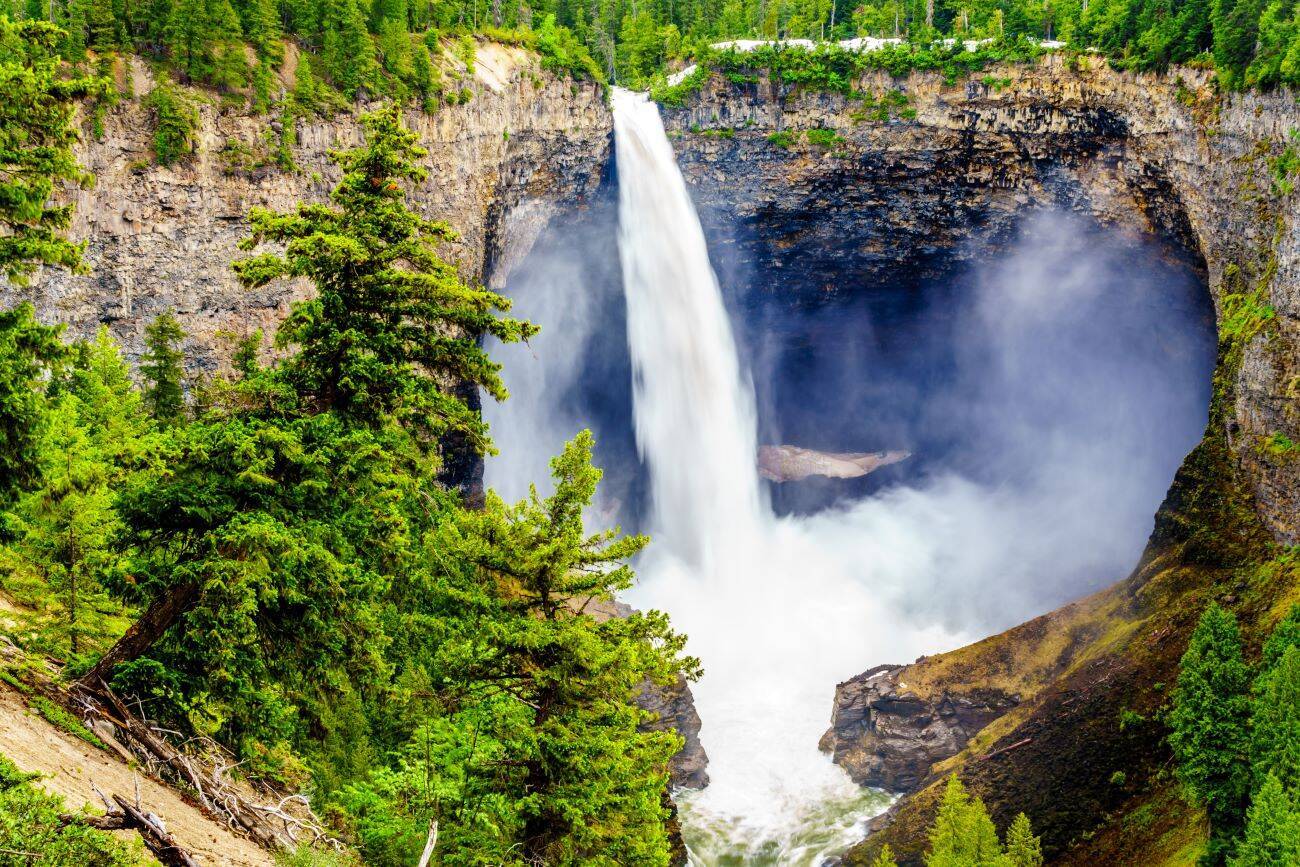
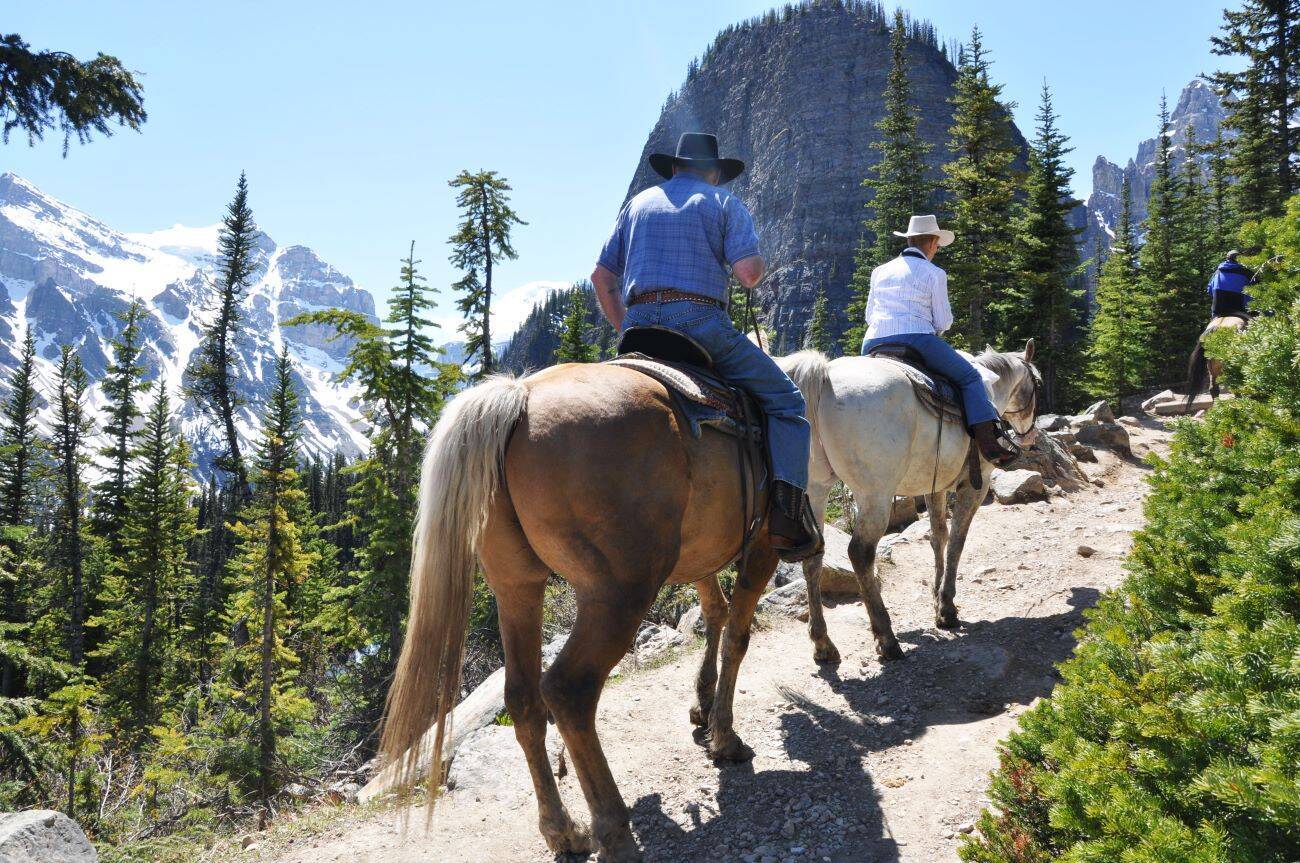
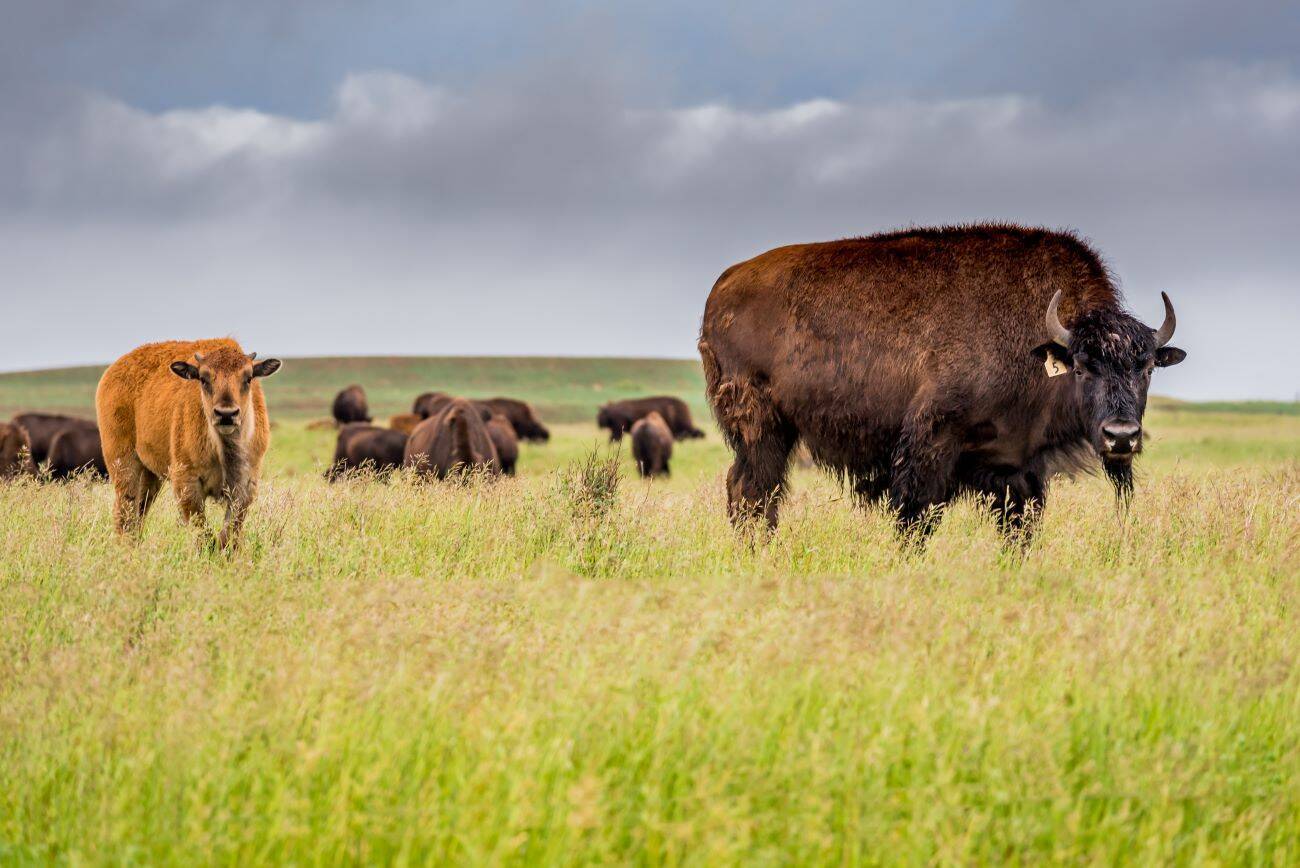


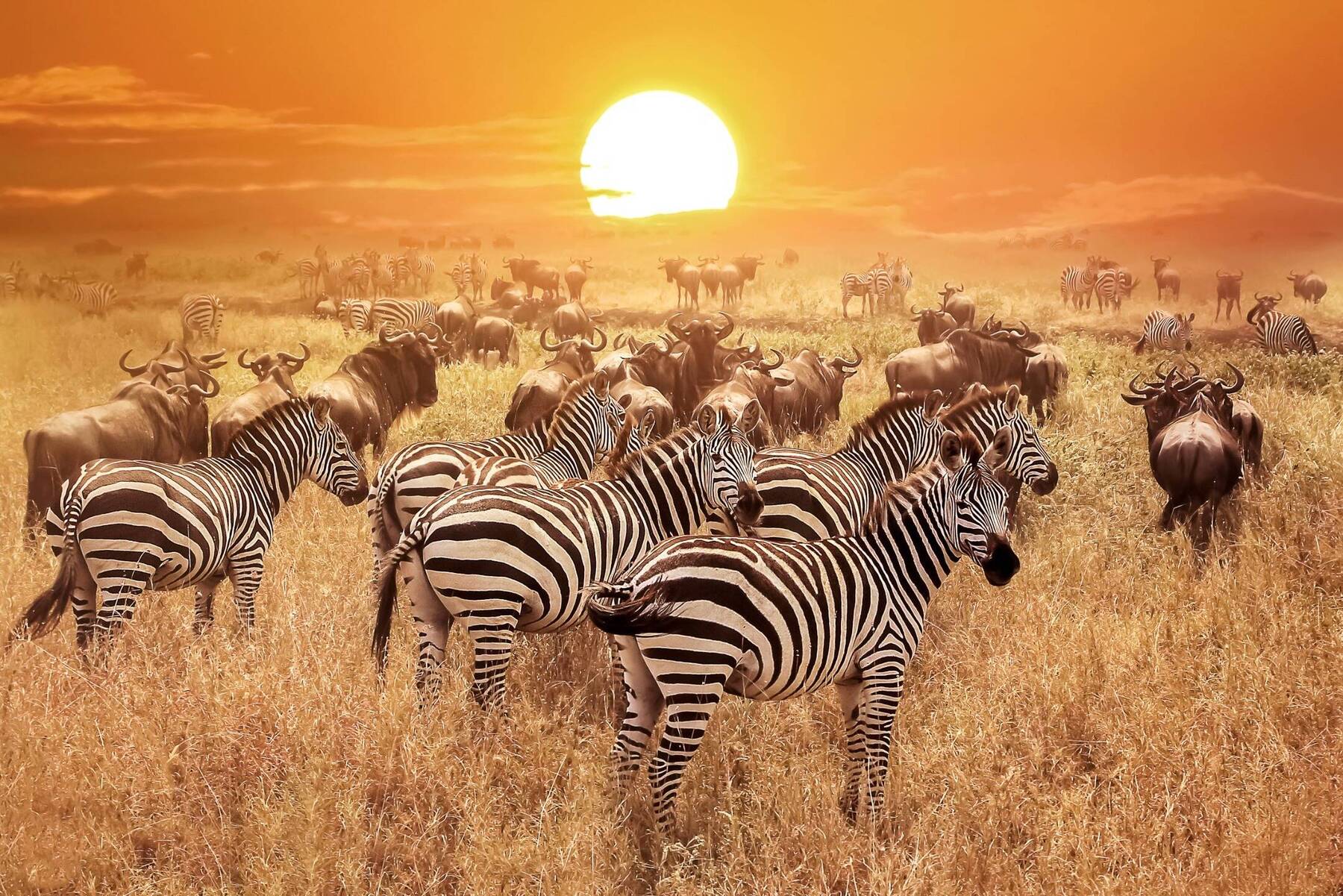




Comments